Chapter 5 talks about media in regaurds to Harry Potter. There was alot of controversy about Harry Potter. Many groups wanted it banned from schools. There was also complaints of infringement on intellectual property rights. Jenkins refers to this conflict as the "Potter Wars". Jenkins focuses on competing forms of media literacy and how it should be taught. Heather's project enabled kids to feel a connection to the imaginary world and the community that produced The Daily Prophet. Some adults worry that the kids are copying already existing media content instead of coming up with their own original content. However, the fan writing is increasing many kids writing skills.
Discussion questions:
1. What are the benefits and disadvantages of this fan writing?
2. Is it good or bad for education?
Harry Potter Fansite
The #1 Harry Potter Site
Discussion questions:
1. What are the benefits and disadvantages of this fan writing?
2. Is it good or bad for education?
Harry Potter Fansite
The #1 Harry Potter Site
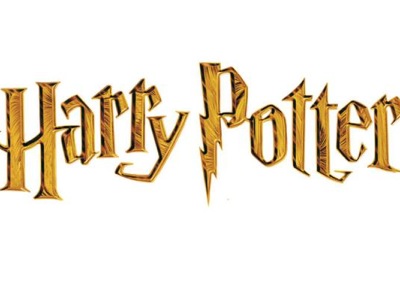
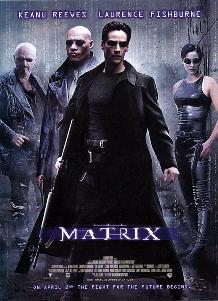



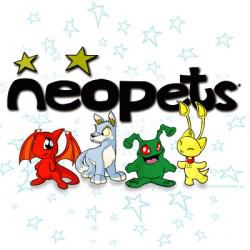
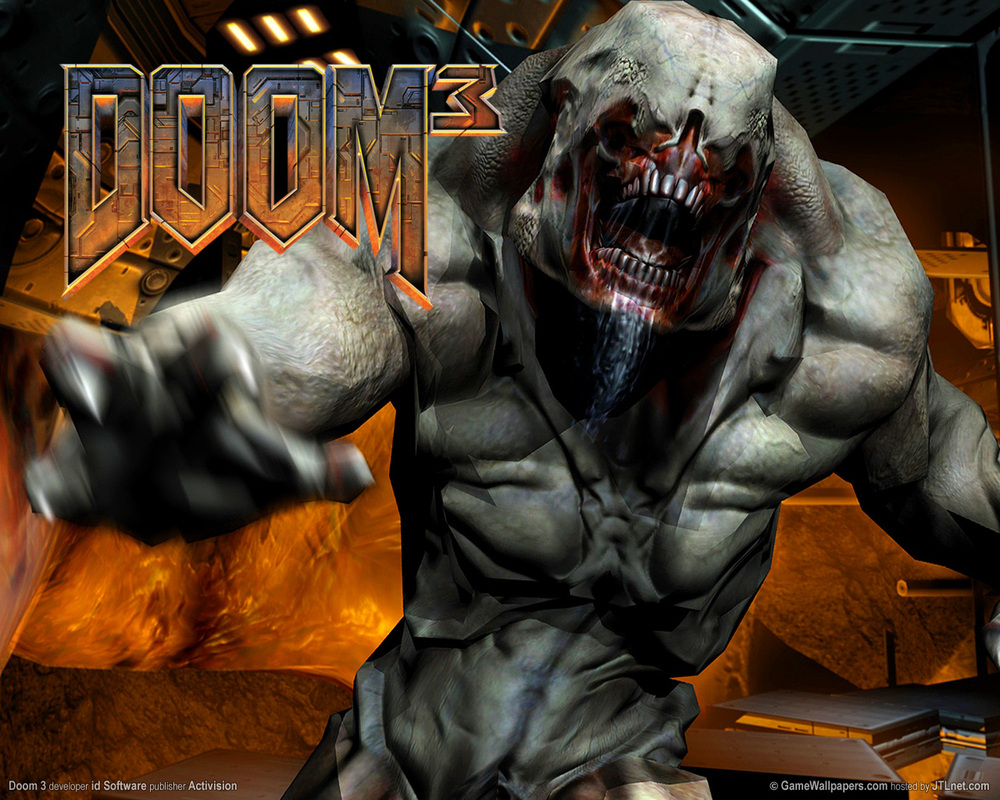
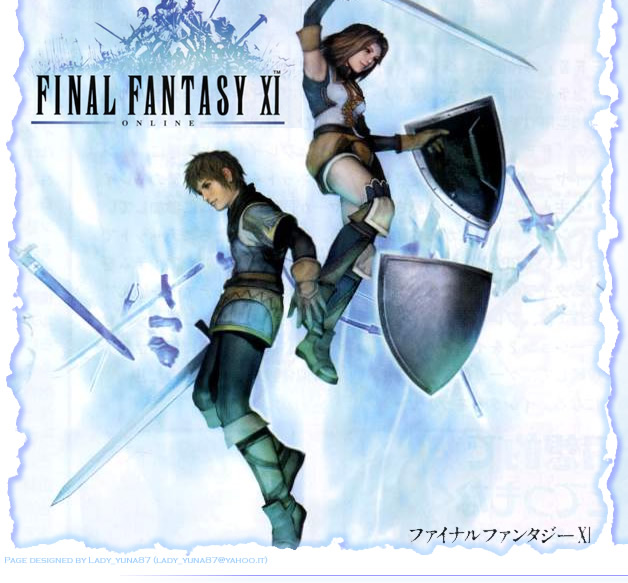
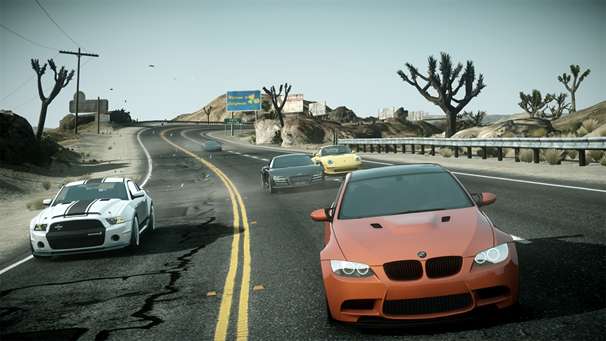

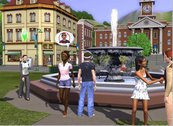
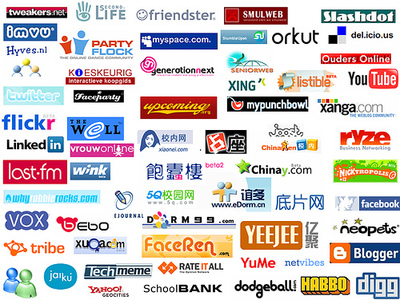
 RSS Feed
RSS Feed